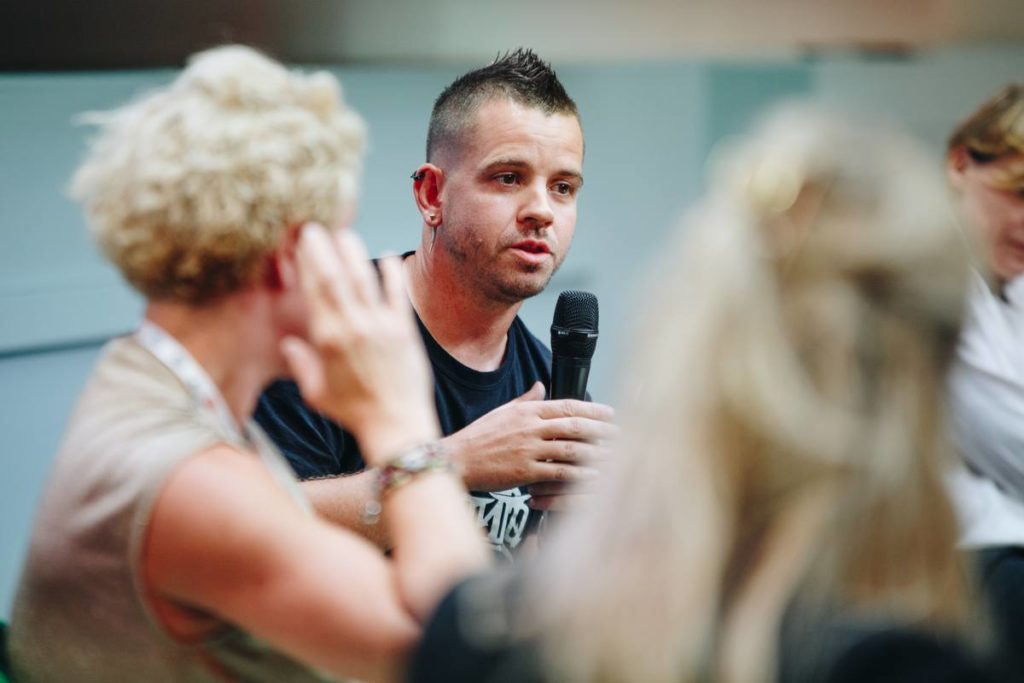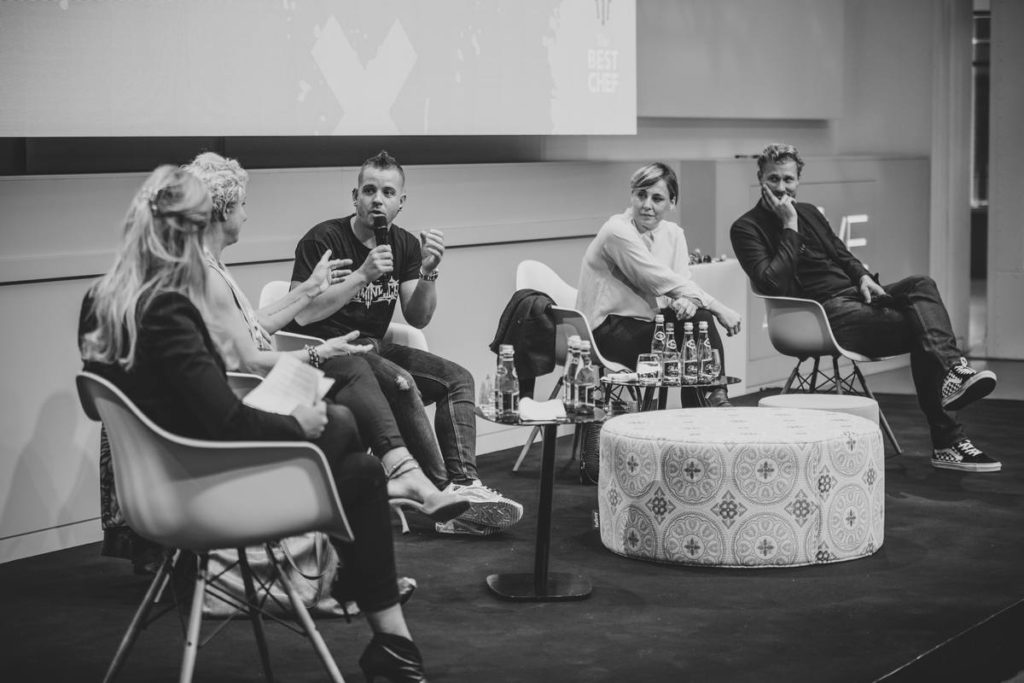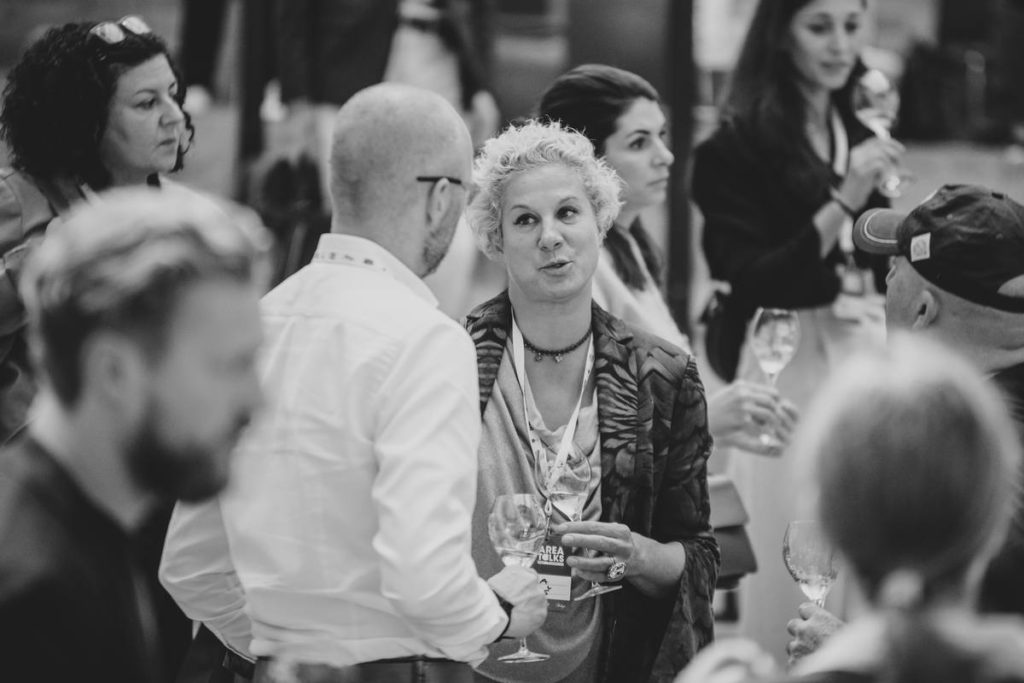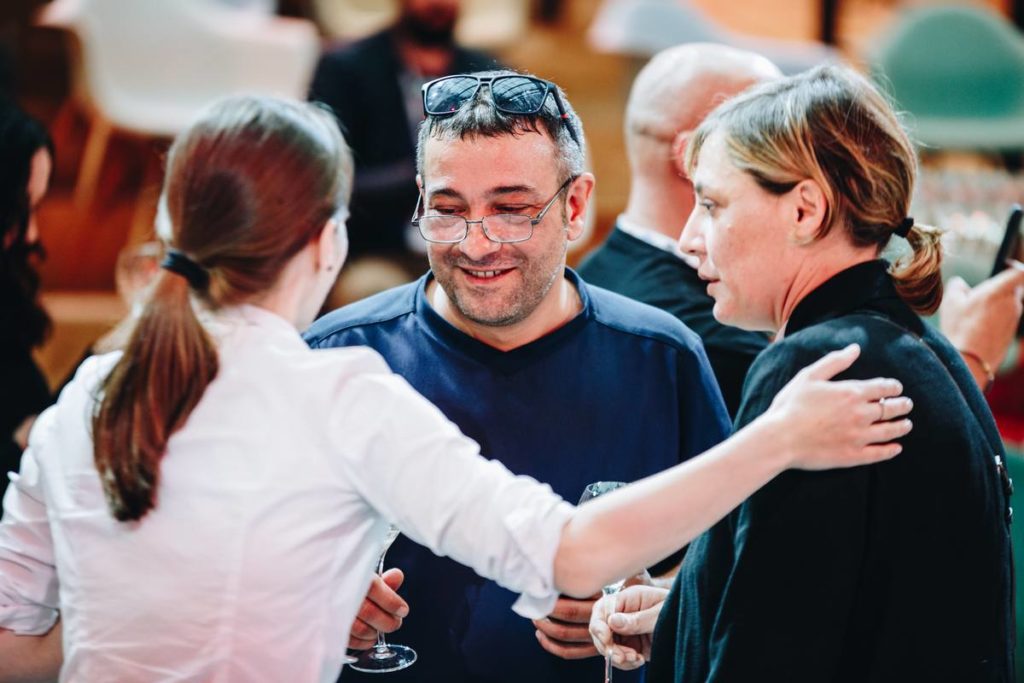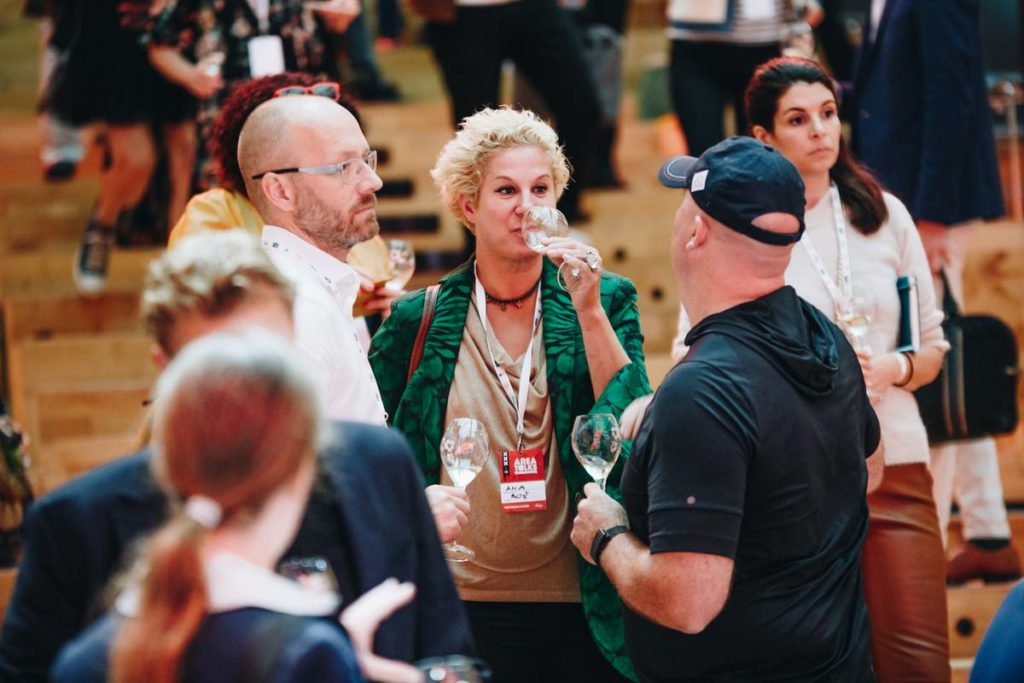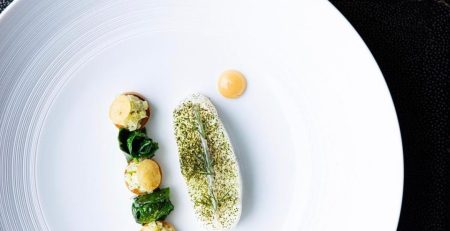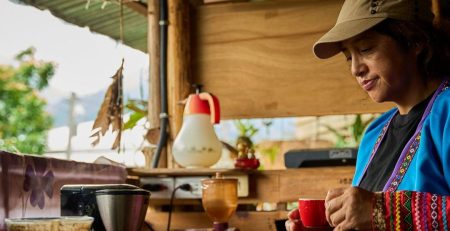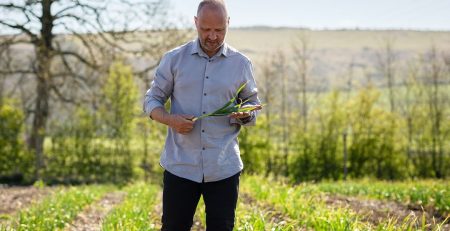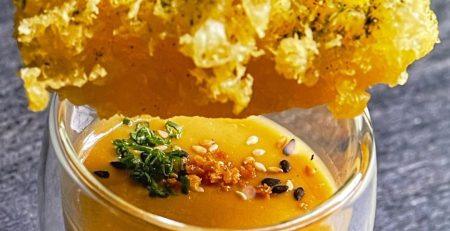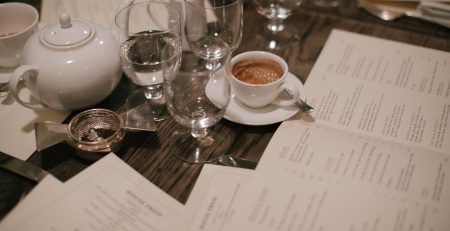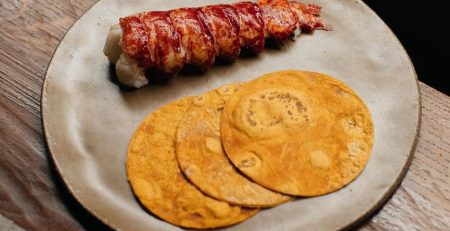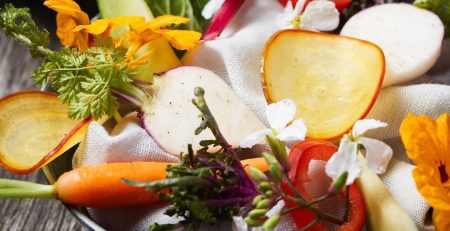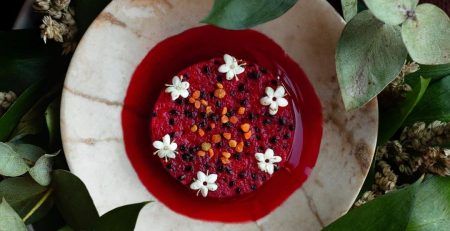Creating a sustainable food system in the face of the changing climate is now a major challenge. Is there room for this in the world of gastronomy?
One of our guests was Hannah van Zanten from Wageningen University, an associate professor of the farming system ecology group. She’s an expert in the domain of circular food production.
We also hosted Ana Roš – a Slovenian chef, sports and travel enthusiast; David Muñoz – former DiverXO chef and owner of street XO restaurants direct, known for his cuisine and famous restaurants; Antonia Klugmann – chef and owner of Italian restaurant L’argine a Vencò, located in the village of Dolegna del Collio.
Another guest was Joris Bijdendijk – executive chef of Rijks restaurants, introduced as the kitchen of the lowlands characterised by Dutch products in its simplicity.
Online we were joined on our panel by Lisa Lesch Palmer – a National Geographic award-winning author and science journalist with a wide range of stories on the environment.
Sustainability – with respect for our planet
We began with a presentation prepared by Hannah van Zanten. She gave us some insight on how we could make our meals and dishes more sustainable. Firstly, she explained that sustainability is mostly about people, the planet, and profit. It takes into consideration such problems as providing enough nutrients for the growing population or animal welfare.
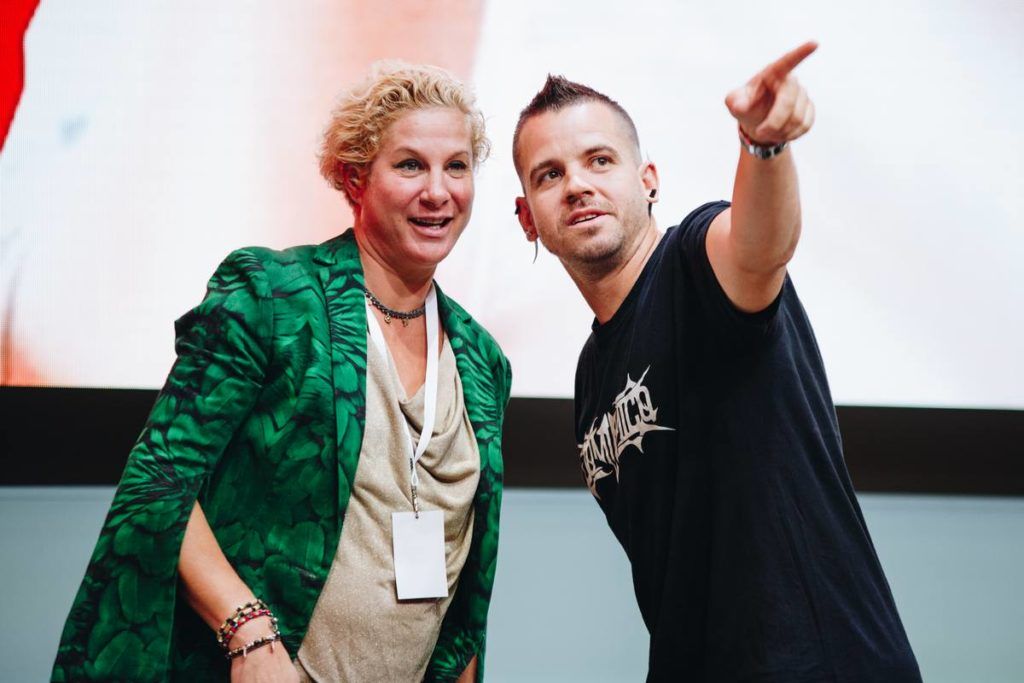
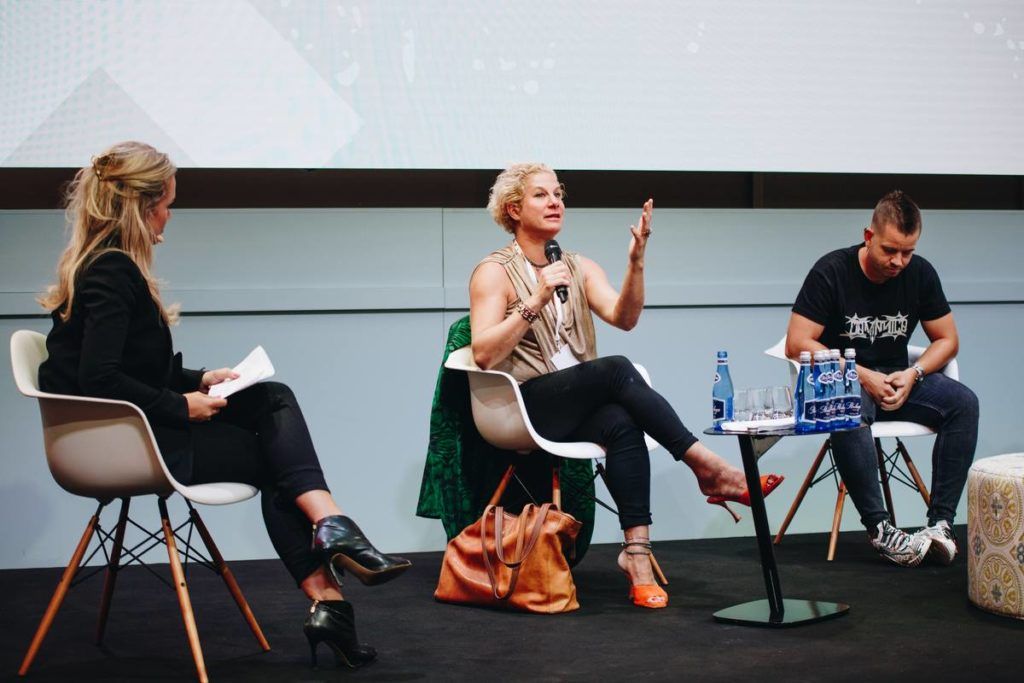
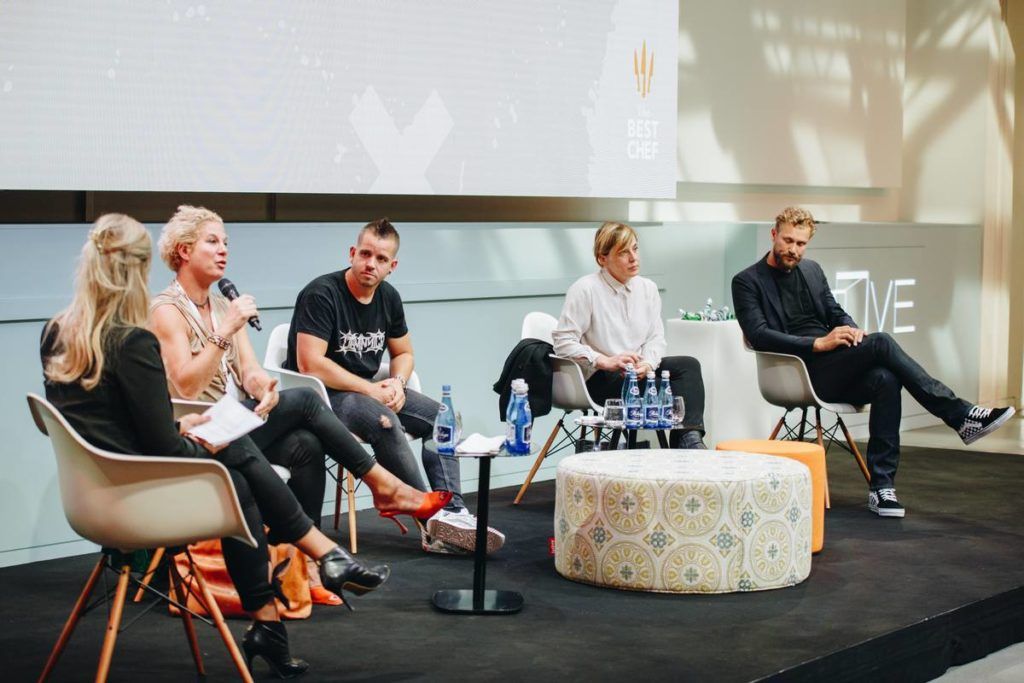
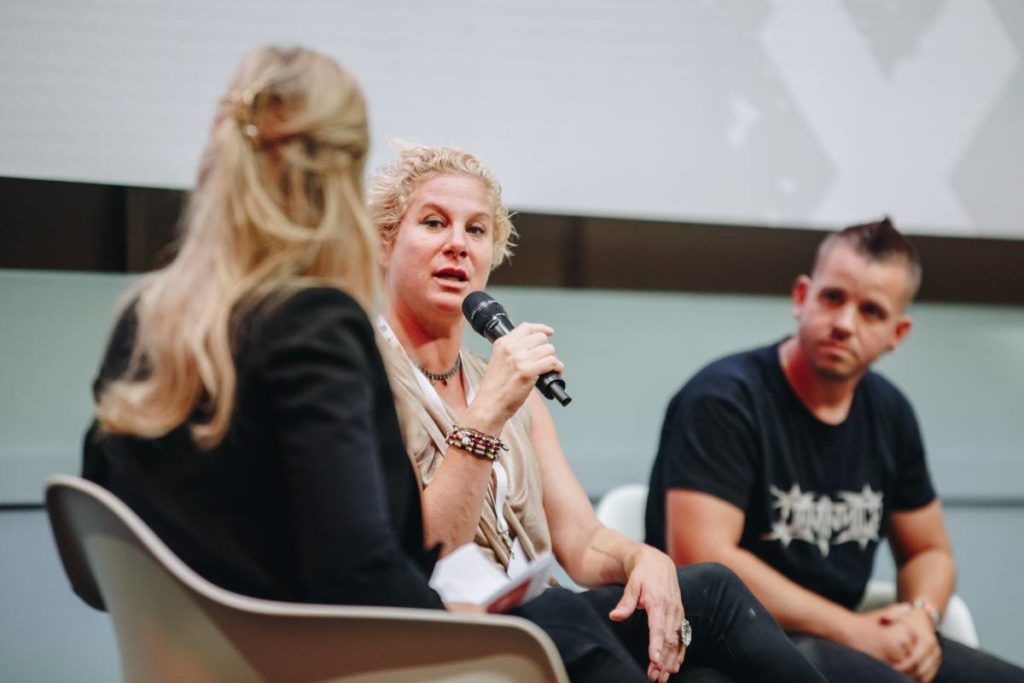
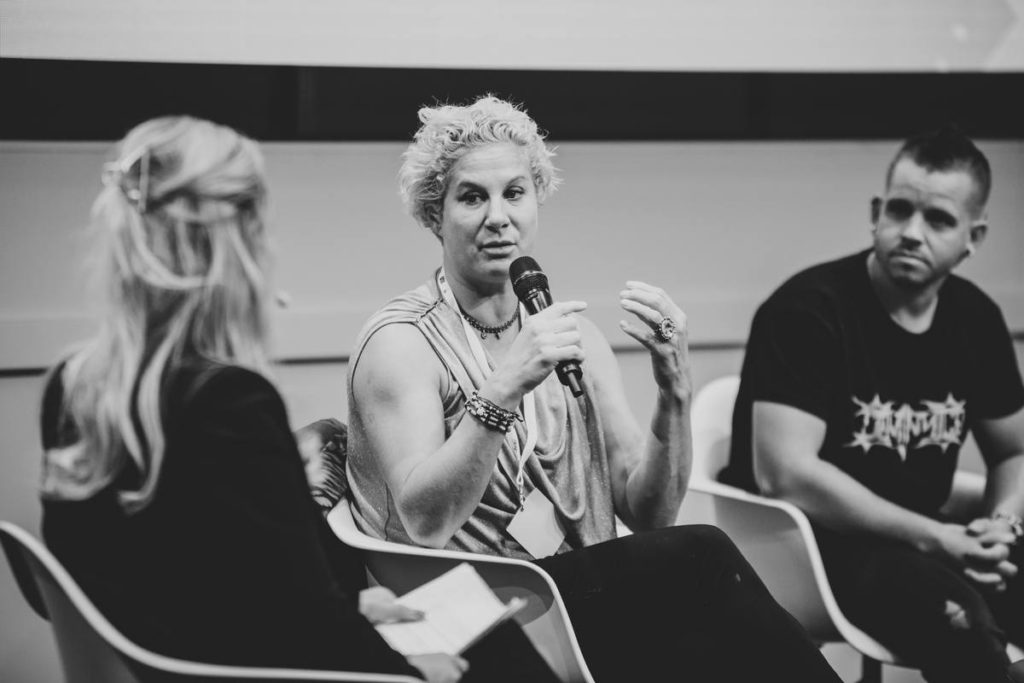

Meat consumption vs. sustainability
We all know that food production and especially the production of animal source food have a large impact on the environment. Animal-based products in general need more land to produce proteins than plant-based products. Hannah, in her presentation, noticed that, right now, we have the potential to redesign the food system. With some changes, with the Circular food system, which Hanna showed us, we could, for example, reduce greenhouse gas emissions.
Sustainability in gastronomy
As an economy system
Ana Roš noted that sustainability works differently in big cities and in rural areas. For her, it involves finding a way to create fine dining restaurants in the wilderness, at the same time fully supporting the local environment.
“Sustainability is not in what we eat, but it is in the whole social and economic view of the place. It means the valley needs to stay alive and people need to have a motive to stay and know how to work.”
For Ana, this also concerns the whole ecosystem. Using local and seasonal produce reduces gas emissions related to transport, supports farmers provided they develop their region, and leads to many other profits.
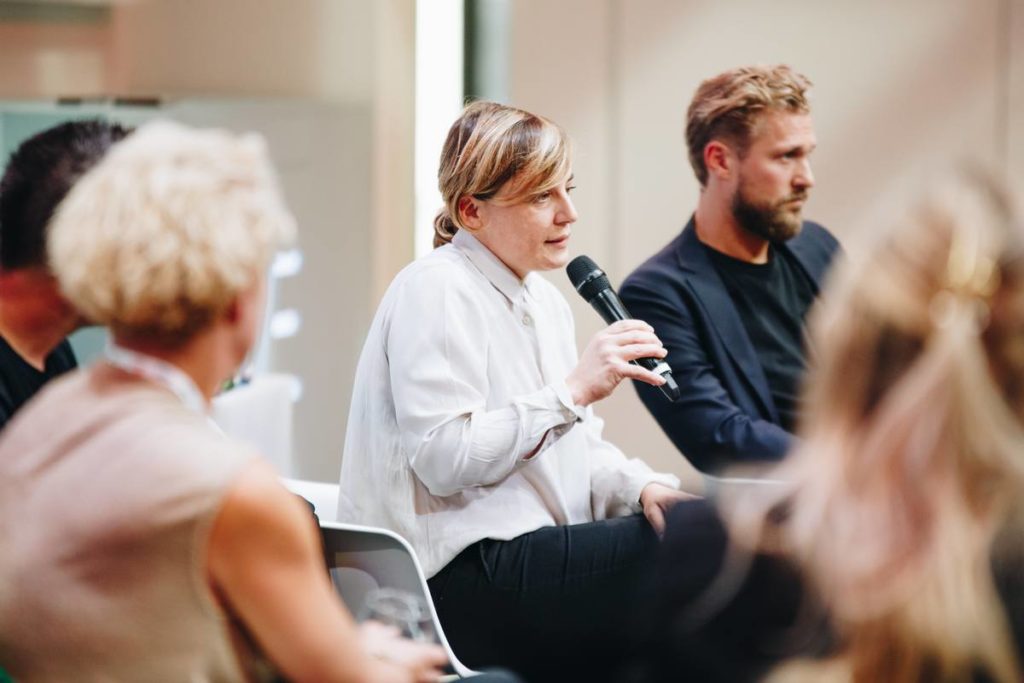
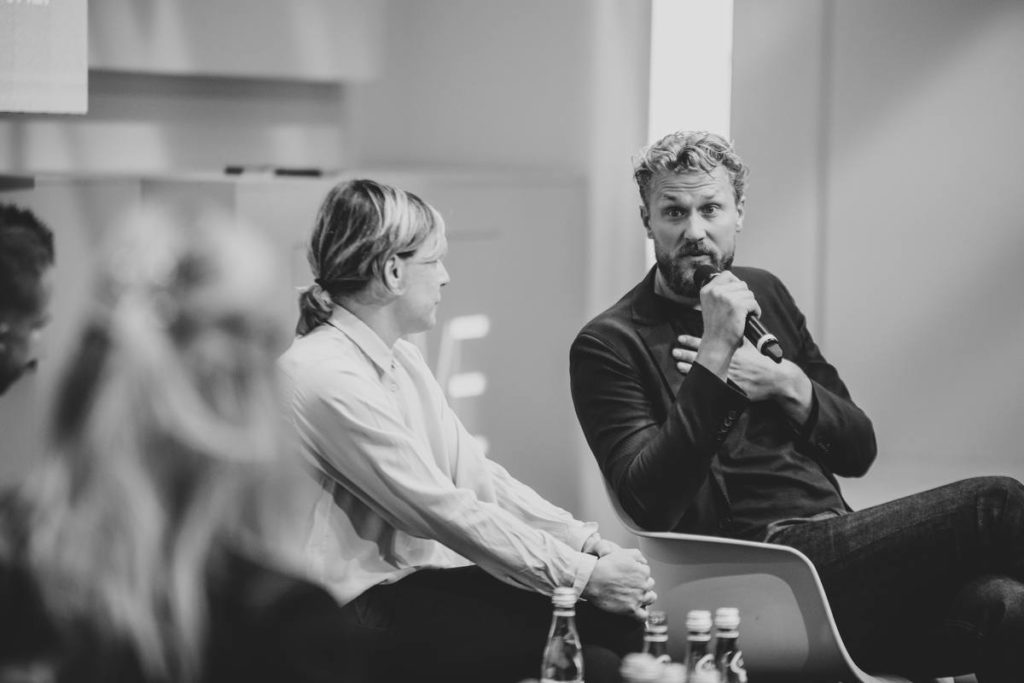


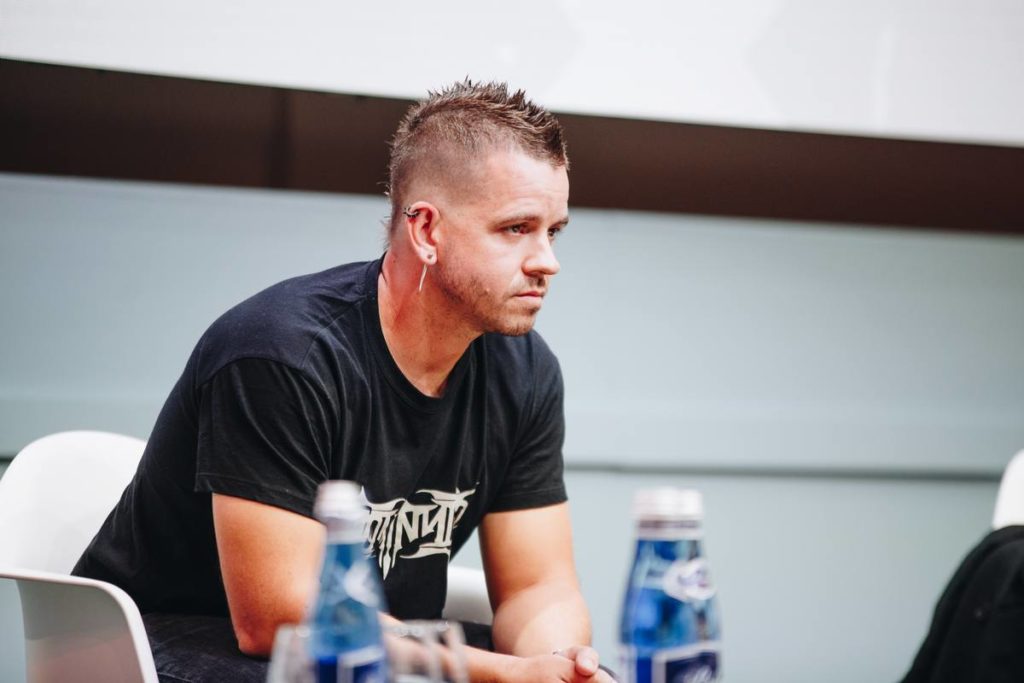
The need to repair relations
David Muñoz said “We must redefine the relation as a human being with animal proteins because it is true, that it is not sustainable anymore.” But he also noticed that trying to eliminate animal protein consumption is very difficult and could not become a reality in one moment. He believes that well-known restaurants should show their guests that they can eat other healthy, amazing things besides meat.
Should chefs take responsibility?
“Sustainability is not something you can achieve one day,” said Antonia Klugmann. She emphasised that, as chefs, they could change the perception of luxury. It is not about something rare and expensive, like caviar. Antonia explained that for her, true luxury could be local products, which you can’t find at the market. Using modern techniques and the knowledge they had, could make an amazing dish out of one mediocre ingredient.
Joris Bijdendijk also noticed that, as chefs, they were promoters of what they did, which products and techniques they used. Joris thinks they could inspire other people, and this is their mission.
What could we do?
Lisa Lesch Palmer said that the point of our mission was to understand how all this affected food security and how society can sustainably produce more food. We need to figure out how people might try to do that under climate change and in a sustainable context with our growing population.
If we wish to improve the global situation, we can take our own steps.
- Firstly – we could reduce the amount of meat in our diets.
- If we wish to include meat dishes, we should use meat from dairy or from laying hens.
- Sustainability also means using local produce, doing this actually reduces emissions related to transportations.
If you want to know more details about sustainability in the gastronomy world and listen to our guests’ whole conversation – please check out this video:
